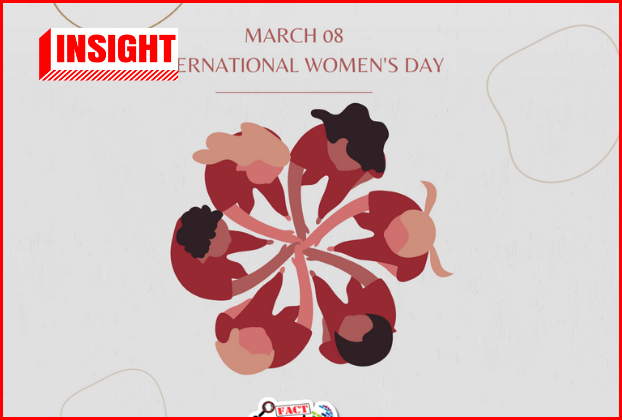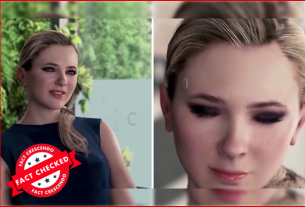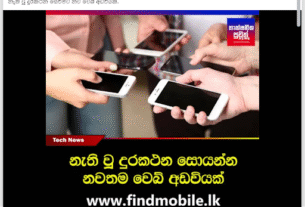
On International Women’s Day, we’re focusing on the issue of misinformation and disinformation that disproportionately affects women. This spread of false information perpetuates harmful stereotypes and hinders progress towards gender equality.
What is Gendered Disinformation?
Gendered disinformation refers to the deliberate spreading of false or misleading information that targets individuals or groups based on their gender identity.
This term also describes the spread of false or misleading information meant to target women, especially political leaders, journalists, and public figures, based on their gender identity.
Examples of gendered disinformation can include fake rumours about a woman’s character, offensive memes, or altered images or videos that depict women negatively.
The Impact of Gendered Disinformation on Gender Equality
In recent years, political discourse has frequently revolved around gender-based online abuse and disinformation. These issues present significant obstacles to achieving gender equality in the post-pandemic landscape, as they can negatively impact women’s rights, reinforce harmful norms, and limit opportunities for empowerment.
Gendered disinformation is a widespread issue that targets women globally. It occurs when sexism and misogyny intersect with online falsehoods. This not only tarnishes women’s reputations but also undermines their credibility, potentially affecting their careers. Women in politics or those associated with prominent politicians are particularly susceptible. Here are examples of female political figures targeted by gendered disinformation, as presented in the Bangkok Post’s article:
- Ukraine’s First Lady Olena Zelenska was falsely portrayed in a scandalous image, which was later revealed to be a Russian television presenter.
- False online posts targeted Michelle Obama and Brigitte Macron, claiming they were born as men, which led to mockery and transphobic remarks.
- New Zealand’s Jacinda Ardern also faced disinformation regarding her sex.
- Annalena Baerbock, Germany’s foreign minister, endured repeated disinformation campaigns during her run for chancellor.
This form of disinformation discourages young women from considering political careers and perpetuates harmful stereotypes. Recognizing and combating gendered disinformation is critical to protecting women’s integrity and promoting fair and informed public discourse.
Tackling Online Gendered Disinformation
UNESCO recently held a global dialogue on online gendered disinformation. Its goal was to develop effective strategies to counter misinformation aimed at women. The growth of social media has increased the reach of gendered disinformation, reinforcing harmful narratives and stereotypes.
The Road Ahead: Creating a Fairer Digital Landscape
Education and media literacy are key to empowering individuals to critically assess information. Collaboration among stakeholders, including governments, tech companies, and NGOs, is crucial to fight gendered disinformation effectively.
Fact Crescendo is working to counter misinformation through the Media Literacy Project. This effort aims to cultivate a clear understanding of the fast-paced digital media landscape. The project concentrates on improving the skills needed to effectively analyze, critique, evaluate, and comprehend digital media content. Learn more about our project HERE.
This International Women’s Day, we commit to challenge misinformation, promote women’s voices, and strive for a fairer digital landscape. Together, we can create a world where accurate information is widespread and gender equality is a reality.
Below is a video by the Factcrescendo Team, which was produced in parallel with the 16 Days of Activism against Gender-based Violence campaign in 2023.
Follow us and stay up to date with our latest fact checks.
Facebook | Twitter | Instagram | LINE | TikTok | WhatsApp
Sources:
- Fact Crescendo – Women’s DAY: The Impact Of Gendered Disinformation On Women
- OHCHR – Gendered disinformation and its implications for the right to freedom of expression
- ISD – Online Abuse and Disinformation are Obstacles to Gender Equality in a post-COVID World
- UNESCO – Global dialogue: online gendered disinformation
- Bangkok Post – Across globe, women battle ‘gendered disinformation’

Title:International Women’s Day: Discussing Gendered Disinformation
Fact Check By: Fact Crescendo TeamResult: Insight





